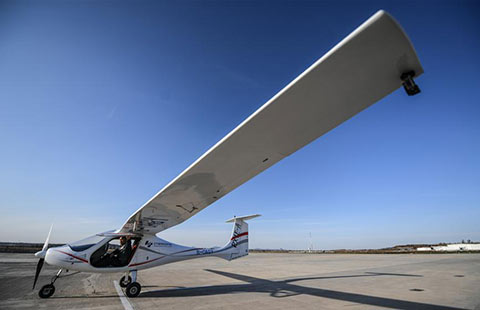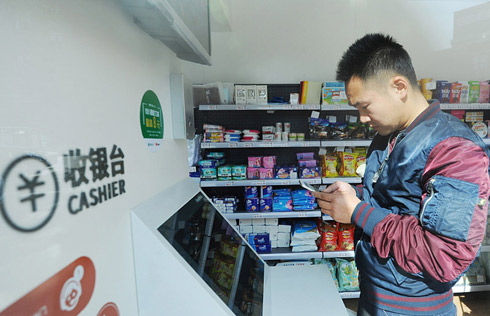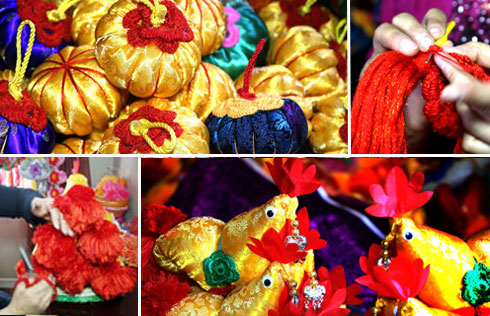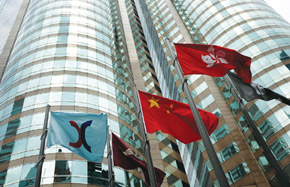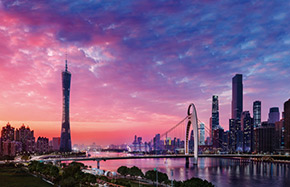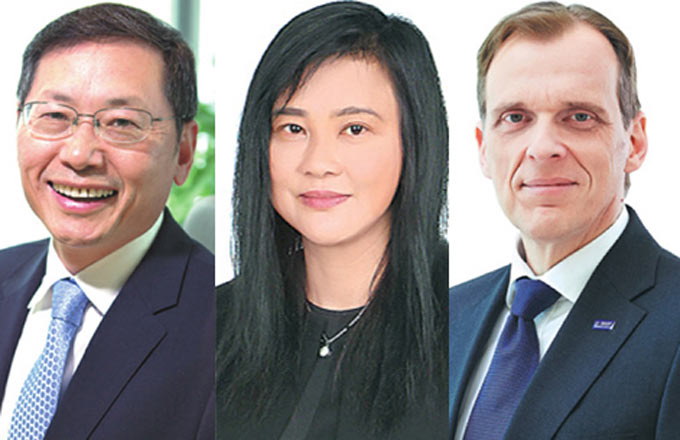APEC to play even more important role in liberalizing world trade system: ADB expert
MANILA -- The Asia Pacific Economic Cooperation (APEC) will play an even more important role in ensuring a free and open world trading system amid clearer and more worrying signs of growing global protectionism, an expert of Asian Development Bank (ABD) who specializes in trade and regional cooperation has said.
"APEC has now become the benchmark for regional grouping seeking to pursue 'open regionalism'," said Jayant Menon, lead economist of ADB in a recent interview with Xinhua, ahead of the 25th APEC summit to be held in Da Nang, Vietnam on Nov 10-11.
"At a time when there appears to be a backlash against globalization, with rising protectionism pressures throughout the world, institutions such as World Trade Organization and APEC have an even more important role to play in ensuring the world trading system remains free and open," Menon said.
He said these institutions "can lock in the gains that have been made in liberalizing trade, through their commitment to non-discrimination."
Established in 1989, APEC is a forum for 21 Pacific Rim economies promoting balanced, inclusive, sustainable, innovative and secure growth by accelerating regional economic integration throughout the Asia-Pacific region. Most members of APEC are also members of ADB.
In a study titled "the Asian Economic Integration Report 2017," the Manila-based bank examines recent regional integration trends and says that growing trade and investment linkages in Asia and the Pacific help improve the region's economic resilience to uncertainties in the global economic and trade policy environment.
With the demise of the Trans-Pacific Partnership (TPP), Menon said attention has now shifted to the Regional Comprehensive Economic Partnership (RCEP) free trade agreement that the 10 member states of the Association of Southeast Asian Nations (ASEAN) and its six dialogue partners are hoping to establish in the next couple of years.
ASEAN groups Brunei, Cambodia, Indonesia, Laos, Malaysia, Myanmar, the Philippines, Singapore, Thailand and Vietnam, with Australia, China, India, Japan, South Korea, and New Zealand being its dialogue partners.
RCEP "is focusing on harmonizing rules and regulations throughout the region. Such regulatory convergence will significantly reduce the cost of doing business in the region," Menon said, adding the agreement will create the largest free trade area in the world.
Once RCEP is established, he said the next step would be to broaden it towards greater regional economic integration through the Free Trade Agreement in the Asia-Pacific (FTAAP) that includes all 21 economies of APEC.
"FTAAP (is) the only proposal so far that includes both the United States and China," Menon noted.
RCEP is expected to be concluded in 2018 but Philippine Trade Secretary Ramon Lopez told reporters last week that negotiations to complete RCEP could take another two years.
Menon said China has been a major proponent of multilateral free trade, noting that the China-proposed Belt and Road Initiative "is a key program to increase connectivity within the region, and between the region and the rest of the world."
"Trade costs are directly related to the level of connectivity, and as these costs come down, integration is certain to rise," Menon explained.
However, Menon warned that non-tariff barriers could get in the way of efforts to integrate the economies.
"While tariffs have come down sharply in the region, various non-tariff barriers (NTBs) have risen concomitantly. The NTBs can be more restricting than tariffs, and are more difficult to address because they are opaque," he remarked.
While trade in goods has been substantially liberalized, Menon said "the lack of progress with liberalizing trade in services stands in the way of greater integration in the Asia-Pacific region, and the benefits that can accrue from it."
- APEC has role to play in complex trading environments, says executive director
- Vietnam opens convention center for APEC Leaders' Week
- APEC members convene in Tianjin to discuss Asia-Pacific sustainable energy development
- APEC trade ministerial meeting gains 5 achievements: Chinese official
- Chinese president returns from Latin America, APEC tour




